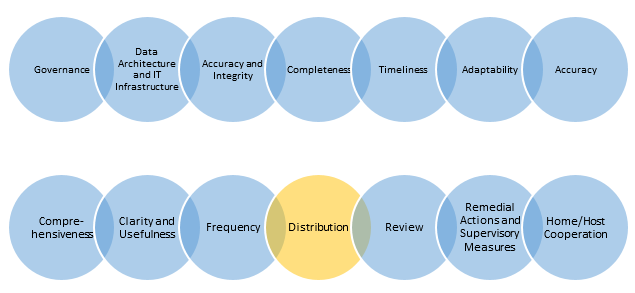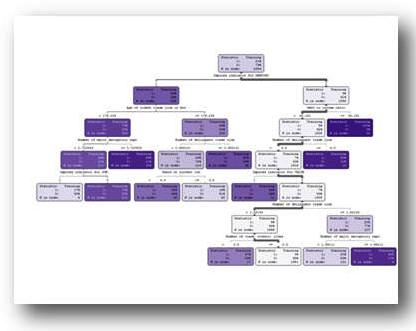
Principle 11: Risk management reports should be distributed to the relevant parties while ensuring confidentiality is maintained. Early in 2013, the Basel Committee on Banking Supervision (BCBS) issued guidelines for banks regarding risk data aggregation and reporting. Known collectively as BCBC 239, these principles were designed to ensure that banks















